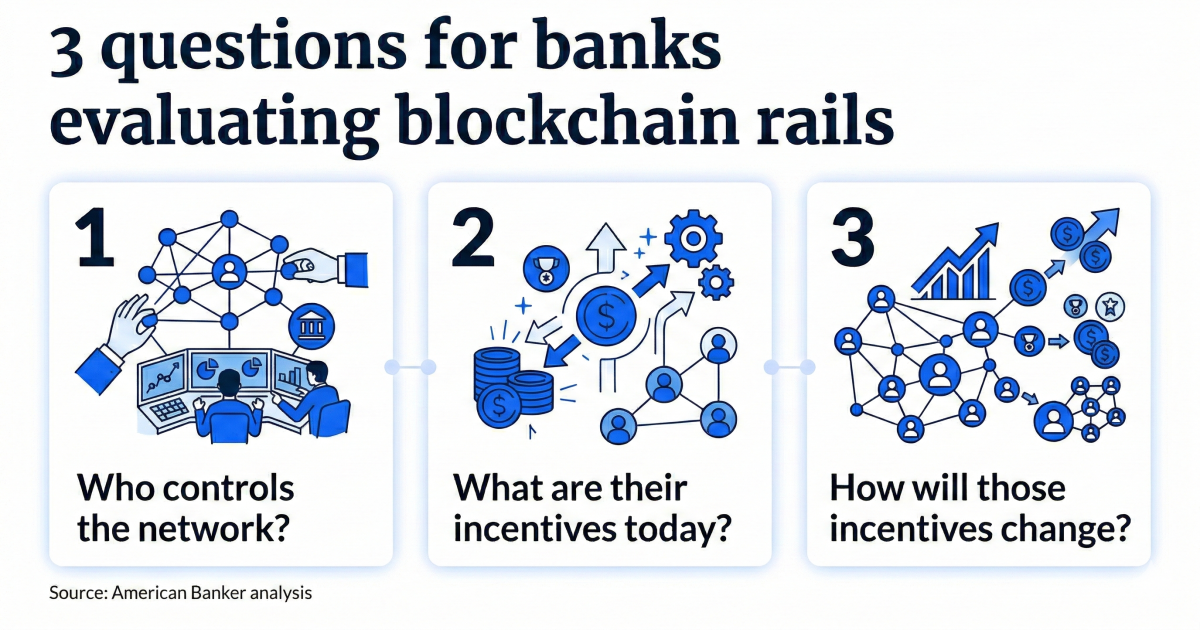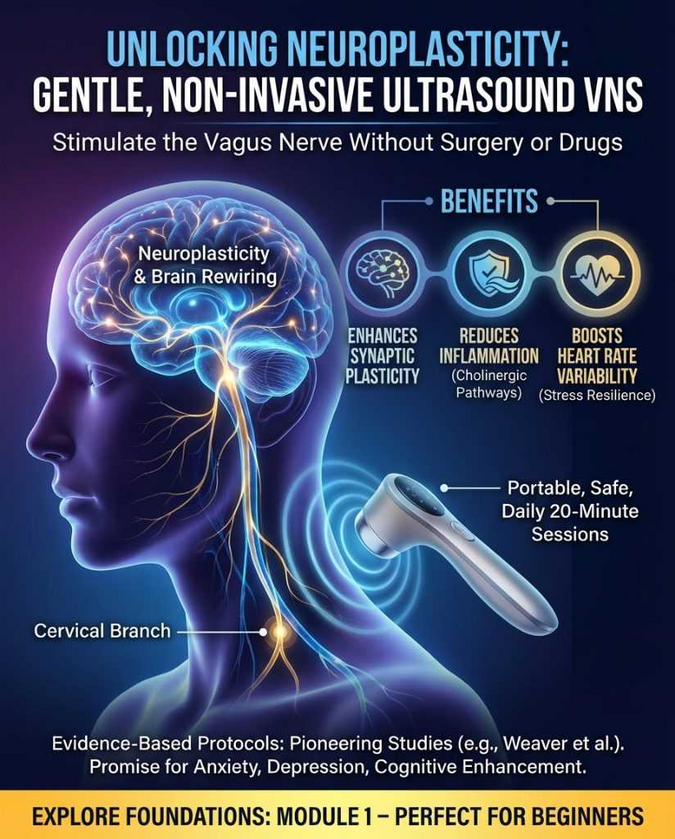The Commodity Futures Trading Commission (CFTC) will be taking a closer look at cybersecurity, emerging technology and environmental fraud.
Those will be among the issues addressed by two new task forces comprised of attorneys and investigators, the CFTC said in a Thursday (June 29) press release.
“We must be dynamic and proactive in protecting derivatives markets against evolving threats,” CFTC Chairman Rostin Behnam said in the release.
One new group, the Cybersecurity and Emerging Technologies Task Force, will ensure registrants have sufficient cybersecurity controls, protect customer information and systems, and supervise their use of emerging technologies like artificial intelligence (AI), according to the press release. It will also prosecute hacks meant to manipulate commodities markets and technology-enabled thefts of non-public information.
The second new group announced Thursday, the Environmental Fraud Task Force, will focus on fraud in regulated derivatives markets and in spot markets having to do with environmental issues, the release said. For example, this group will address fraud in voluntary carbon credit markets and environmental, social and governance (ESG) investment strategies.
“When I was a federal prosecutor leading a unit focused on complex frauds and cybercrime, I saw firsthand the growth of cyberattacks, cyber-enabled financial fraud and environmental fraud,” CFTC Director of Enforcement Ian McGinley said in the release. “These new task forces will address these vital topics that will only increase in importance in the future.”
ESG compliance has been an issue in Europe as well.
Providers of regulatory technology (RegTech), often the same companies that help financial institutions manage their compliance procedures, also have a set of tools that can be applied to challenges like fossil fuel disclosure.
These organizations use both the financial data that RegTechs and rating agencies have always mobilized as well as alternative datasets like industrial information, ESG reports, corporate relations data and third-party datasets to build a detailed picture of the carbon emissions and fossil fuel exposure of complex financial instruments.
AI has been in the headlines as well.
For example, a federal lawsuit was filed Wednesday (June 28) claiming that OpenAI trained its ChatGPT tool using millions of people’s stolen data.
Link












 All while Pfizer—a company with a $2.3 billion criminal fine for fraudulent marketing, bribery, and kickbacks—was given blanket immunity from liability and billions in taxpayer dollars to produce a vaccine in record time with no long-term safety data.
All while Pfizer—a company with a $2.3 billion criminal fine for fraudulent marketing, bribery, and kickbacks—was given blanket immunity from liability and billions in taxpayer dollars to produce a vaccine in record time with no long-term safety data.
























